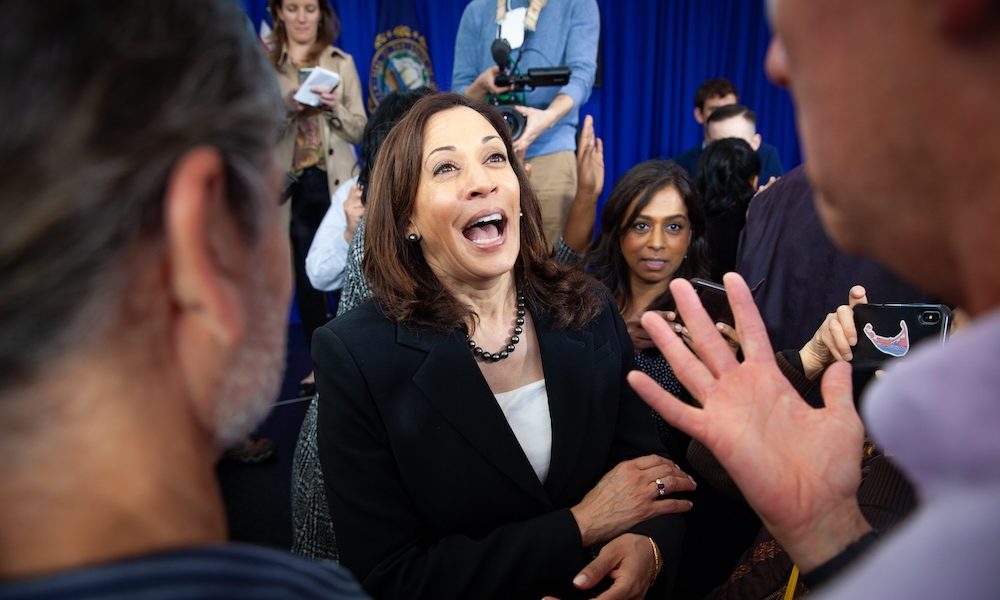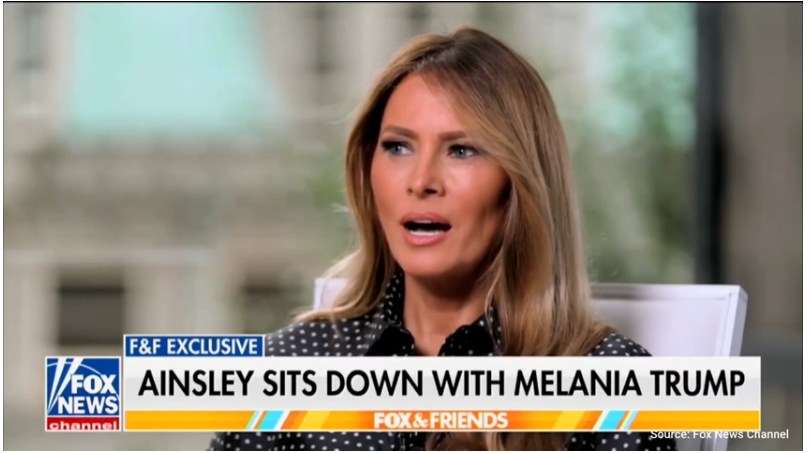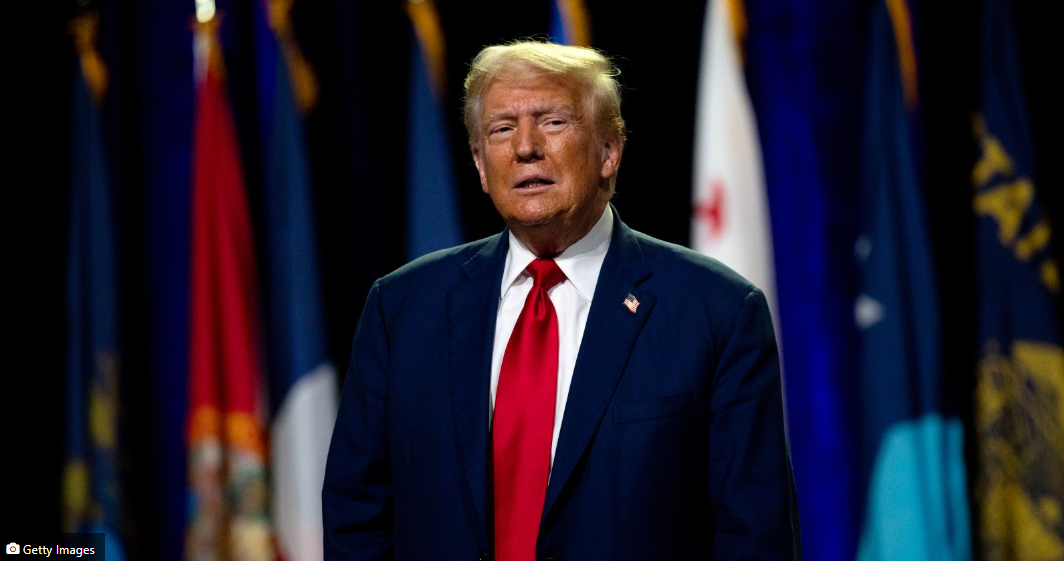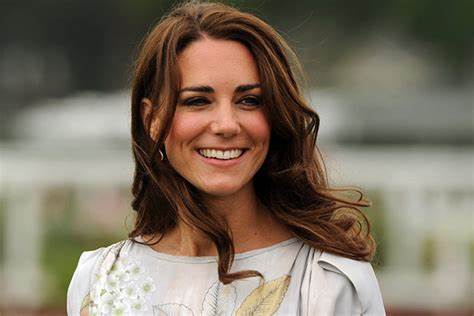Vice President Kamala Harris is under fire after last Thursday’s Las Vegas town hall, with reports claiming much of the audience was either paid to be there or flown in by the network. The event, held on the campus of the University of Nevada, Las Vegas (UNLV) and hosted by Univision, was billed as an opportunity for undecided Latino voters to question the vice president in the run-up to the 2024 election. However, journalist Michael Tracey uncovered that a significant portion of the crowd was either hired or brought in by the network itself.
Currently in a heated race for the presidency against former President Donald Trump, Harris has made efforts to court the Latino voting bloc, a key demographic in several swing states. The town hall, part of Univision’s “Decision 2024” series, was supposed to showcase the outreach effort. However, Tracey’s report, revealed during an interview with Glenn Greenwald, calls into question the authenticity of the event.
During the interview, Tracey explained that half of the attendees were flown in from various states at Univision’s expense, rather than being local Nevada voters. This included participants from Florida, Wisconsin, and California—far from undecided voters living in the battleground state where the event took place. “There are plenty of people in Clark County, Nevada, who would have been more than happy to go and ask Kamala Harris a question,” Tracey said. “But this took things to a different level,” he noted, explaining how modern political events have become heavily choreographed.
Even more surprising was Tracey’s discovery that the other half of the audience was made up of individuals hired from a company called FansOnQ, which provides people to attend various public events, including music awards shows. The company is known for selecting audience members to fill seats and create an engaging atmosphere, whether it’s for a concert or a political event.
WATCH:
One participant openly admitted that they came specifically to support Harris, contradicting the event’s description as being for undecided voters. “I already knew I was going to go for Kamala before then, and now that just kind of solidified it,” one attendee told Tracey.
Univision has planned similar town halls for Donald Trump, although his event, originally scheduled for Miami, was postponed due to a hurricane. It remains unclear whether the same tactics will be used for Trump’s audience, but Tracey was doubtful that either event will reflect the true spirit of a town hall. “The entire pretense of this town hall was a complete fabrication,” Tracey said. “I don’t know how it’s going to work with the Trump town hall, but I do know for sure that this one was built on false pretenses.”
As the 2024 election draws near, both Harris and Trump are relying on these town halls to connect with key voting blocs, but if any events are to be stage-managed, they may end up doing more harm than good.



